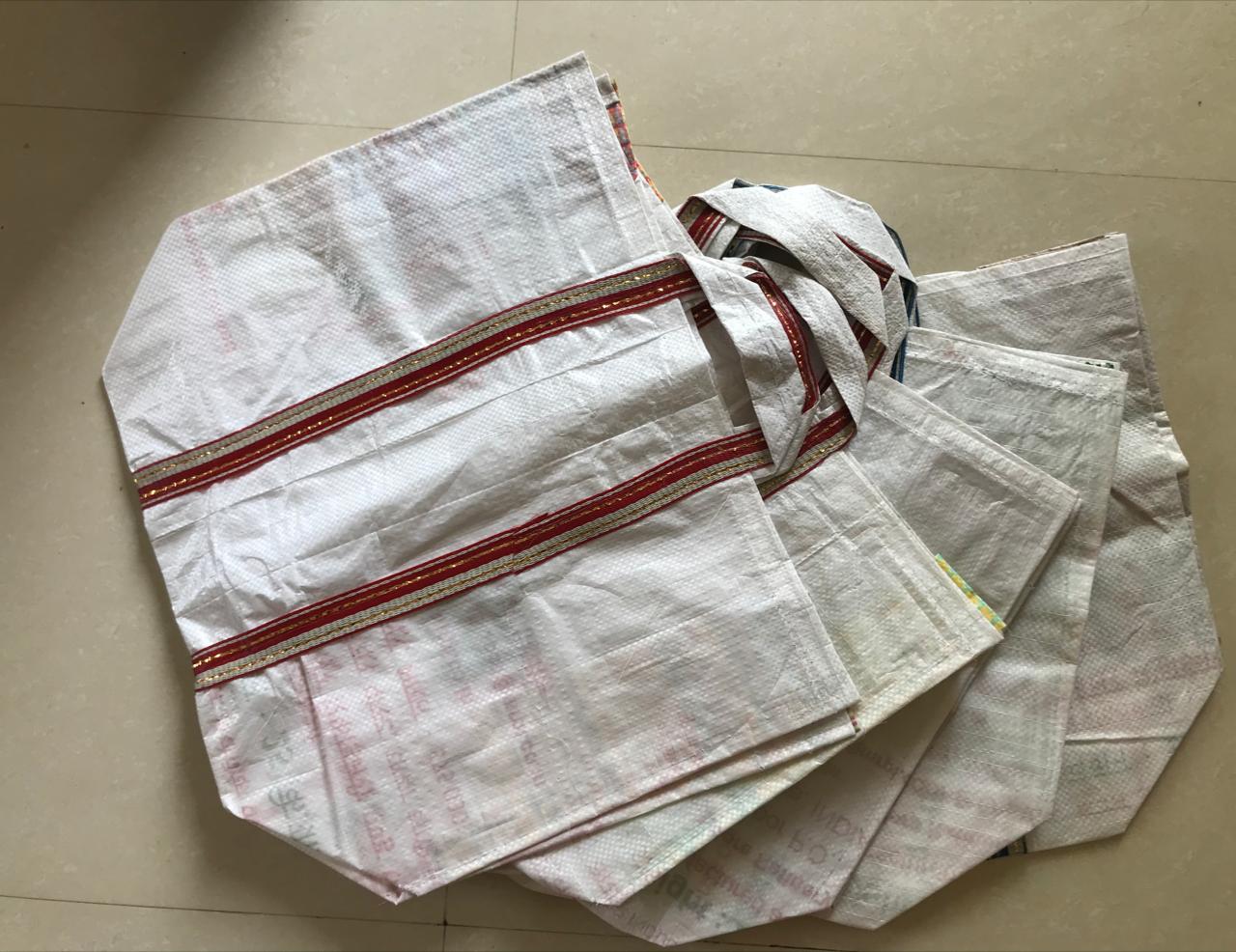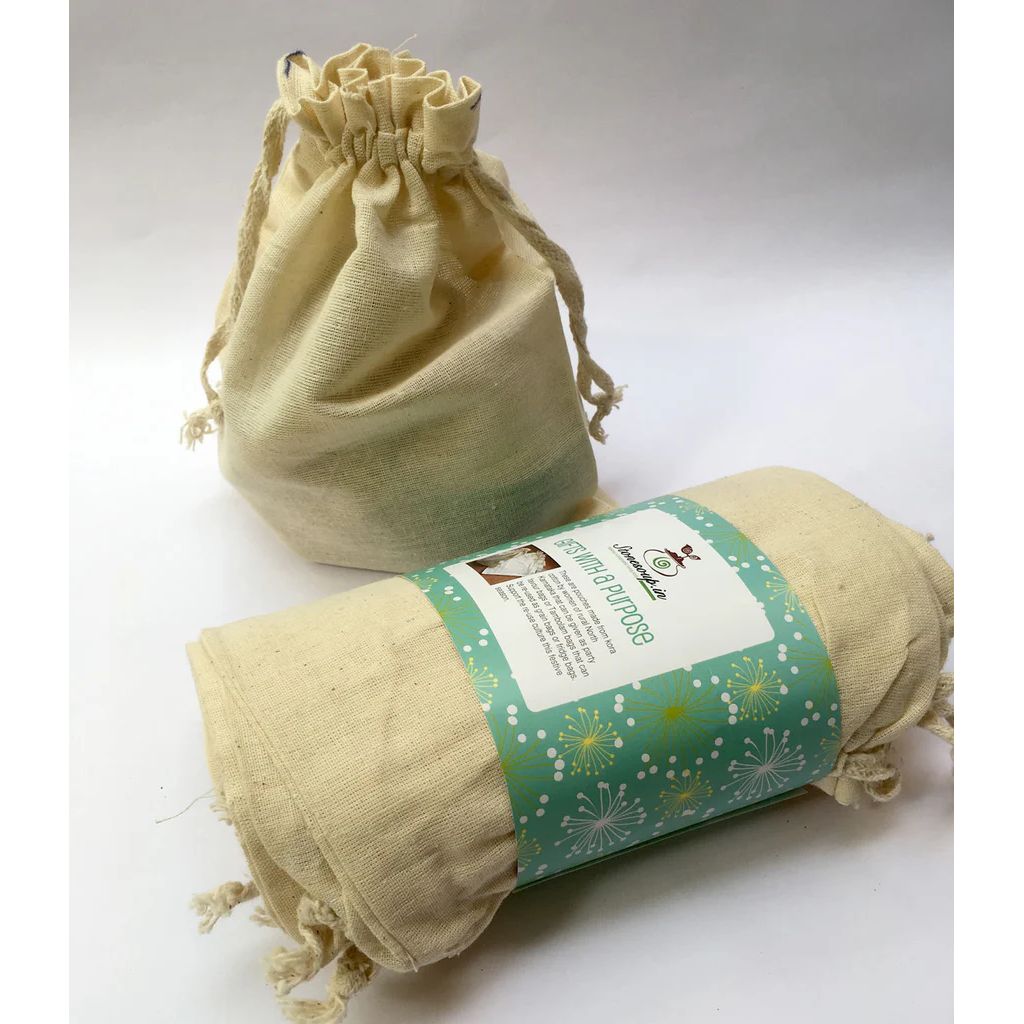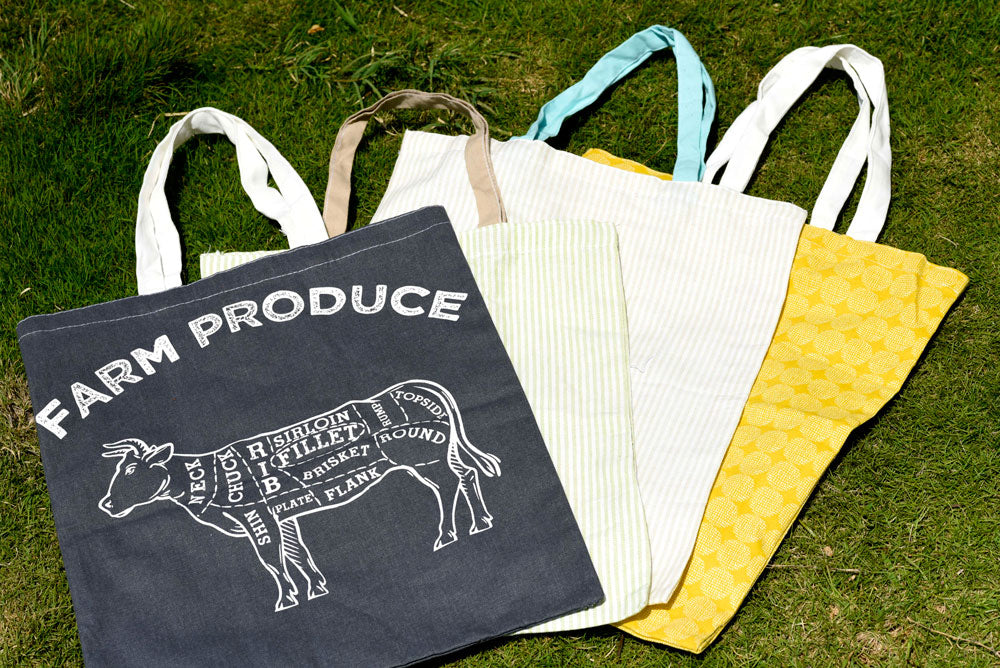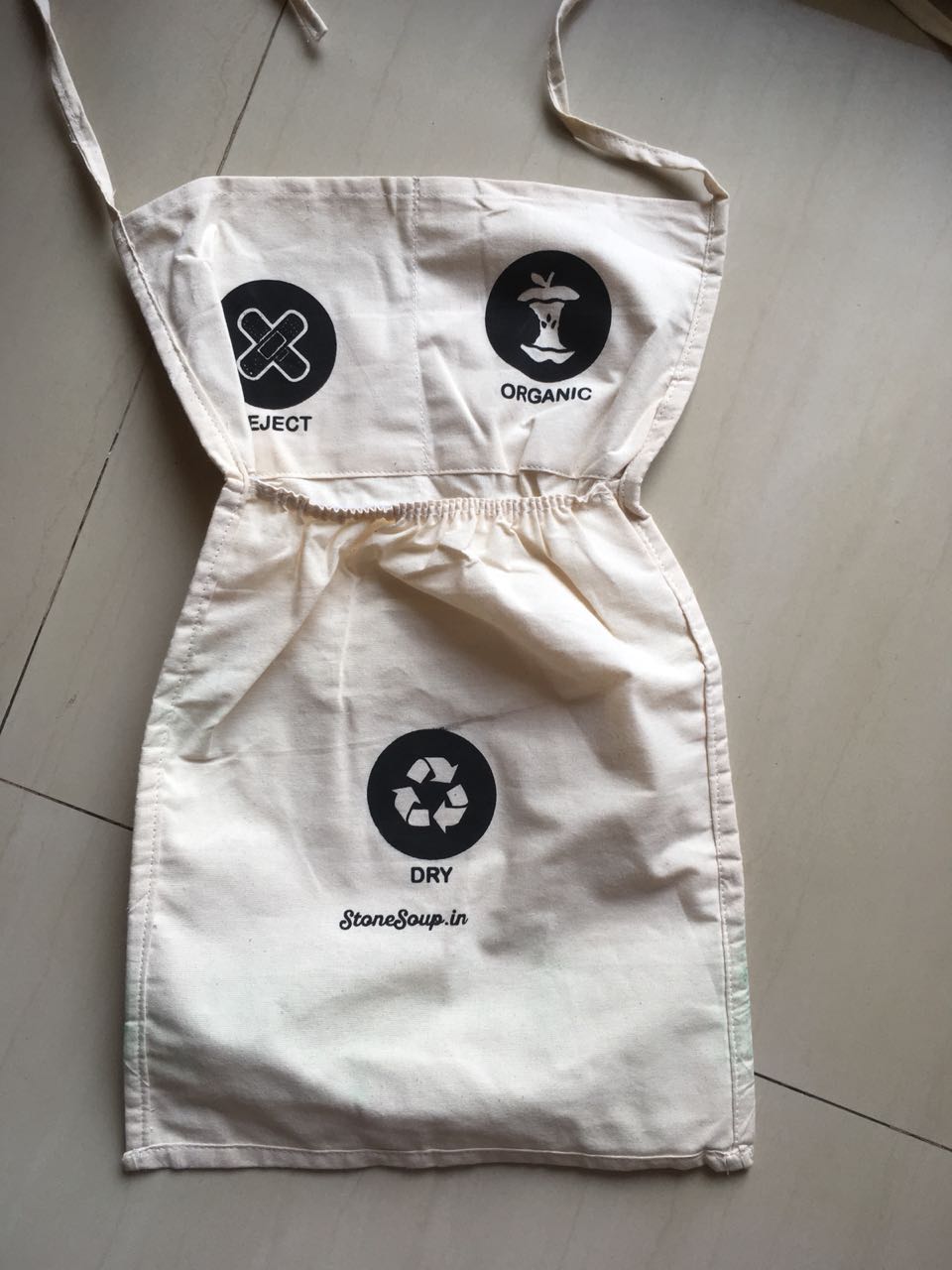COMPOSTING- The ART OF MAKING BLACK GOLD
The word “Compost” comes from Latin, “Com” means “together” and “Post” means “to bring”. So Compost means “to bring together”.
As humans, we reap things from the earth along with many other living organisms.It is vital to give it back to the earth.Humus cannot be replaced by artificial fertilizers but can be created through composting
Organic matter is digested by tiny life forms called micro-organisms that make it available for plants in simpler form, much in the same way the microbes live in our gut and help us digest our food.
Aerobic composting:
Aerobic composting is driven by aerobic microorganisms which thrive in plenty of oxygen ( good aeration ) and balanced moisture content.Temperature rises during the process,it gradually cools down when the process is complete.Temperatures can reach up to 140 F in a compost pile, and this is a good thing. High temperatures kill pathogens and weed seeds that may make their way into the pile
1)Aeration:
Air is necessary to encourage growth and survival of aerobic microorganisms to work on decomposition
2)Particle Size:
The size of the particle in your compost pile can affect the length of time it takes to decompose. The smaller the size, the more surface area and the quicker the biological digestion can occur.
3)C:N ratio
The ratio of the elements themselves should be around 30:1. Microbes use C for energy and N for reproduction. So an imbalance of one to the other prevents the microbes the materials they need to be successful.
N is raw element of proteins used to build microbe bodies and for microbial reproduction and digestion
Ex: veggie scraps, fresh grass, green leaves, manure, coffee grounds
Generally speaking, carbon-based material is brown and nitrogen-based material is green. There are always exceptions, coffee grounds are brown but high in nitrogen.
Carbon = “Browns”
Nitrogen = “Greens”
Microorganisms & Macro-organism:that help in composting :
Bacteria
Fungi
Actinomycetes
Earthworms
Insects
Spiders
Nematodes
Compost not only contains the major elements that your plants need for the ultimate growth such as Nitrogen, phosphorous, and potassium (NPK) but also the trace elements.
In the spring, when the plants just started to grow, the microorganisms in compost release the nutrients slowly. As the weather starts getting warmer plants growth become more rapid and so as the release rate of nutrients. Compost is the nature’s way of controlling the release rate of nutrients.
Compost increases the water retention capacity of the soil. They can hold water up to 200% of its dry weight. So you need to water less.
Garden compost adds micro-organism and larger creatures such as earthworms and insects, which are natural soil builders.
Compost binds with cadmium and lead and thus neutralize the toxin present in the soil
Overtime the compost becomes compacted due to continuous decomposition and watering. You might initially get good growth, but then it slows down.This is because roots need to breathe, and compacted compost has little room for air. If you just add new compost to the top, you are condemning the bottom half to a no-grow zone so it is advisable to add some sand and pebbles at the bottom along with compost for better plant growth
Why compost ?
It’s FREE!
Conserves water
Increases organic matter in soil
Improves biodiversity
Helps plants grow
Balances the soil
Buffers soil pH
Moderates soil temperatures
Helps control soil erosion
Increases air quality
Lowers landfill waste
Reduces greenhouse gases
Composting is fun!
Aerobic composting process step by step :

What you need to do?
1.Take a bin with holes which allows aeration,prepare 4 inch base with browns/cocopeat/compost maker powder
2.Remove excess liquid from food waste and add food waste to the bin,layer your waste with compost maker powder and then repeat the process till bin is full
3. Ensure the aeration of the compost pile is good and the moisture content is balanced.
4. Leave the bin to rest for 3-4 weeks once its
's full .Harvest compost after 3-4 weeks and use it for your plants
Advantages of Aerobic Composting
1.No smell,faster compared to other types of composting
2. Easy process, waste gets easier to manage as the days progress no rocket science involved.
3.Compost is ready within three to four weeks
4.Compost maker powder helps compost all types of food waste(veg,non-veg,cooked,raw..)
Common Issues :
1)Odor
Too much nitrogen → add aged brown high carbon material
Compaction → turn or aerate
Too wet → add dry material and turn
2)Pile Not Heating Up
Lack of nitrogen → add fresh green high nitrogen material
Low moisture → add water and feel for heat
As a beginner,it is advisable to start with aerobic composting as it does not require complicated steps or equipments. Its absolutely simple and do-able,no rocket involved .

meme courtsey - itsahappyworld @happyworldtitis





I am currently using a plastic compost bin, but my major issue is maggots, they form regularly. how does your system prevent maggots and also i noticed there is not tap to drain out excess liquid, we seem to get quite a bit of liquid in our current system.
Please clarify so that I can decide